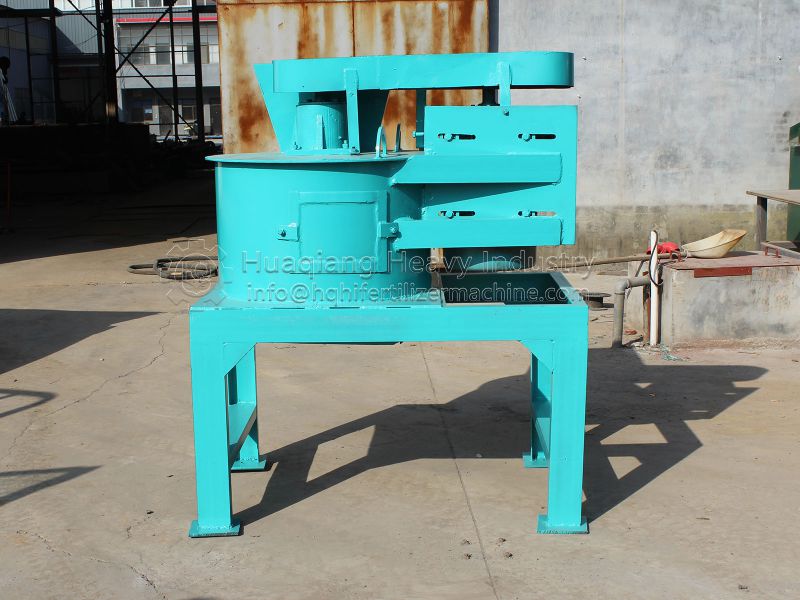The important role of fertilizer crusher in organic fertilizer production line
In modern organic fertilizer production, the fertilizer crusher serves as a core pre-processing machine, playing an irreplaceable, critical role. Its excellent crushing performance directly affects later fermentation efficiency, granulation quality, and the final product’s market competitiveness.
1.Fine Processing
This fine processing by the crusher offers three major advantages:
It dramatically expands the raw material’s surface area, allowing microbes to work more effectively.It effectively breaks down fibrous structures in the raw materials, speeding up decomposition.It ensures even mixing of materials, improving product consistency.
2.Boosting Fermentation Efficiency
Thoroughly crushed materials can see porosity increase by over 30%. This leads to:
Smoother oxygen penetration, promoting rapid growth of aerobic microbes.More uniform moisture distribution, preventing localized dry or wet spots.Better heat conduction, ensuring the compost pile reaches the sanitizing temperature of 55–65°C.

3.Ensuring Final Product Quality
For granulation, the crusher ensures raw materials meet the ideal fineness requirements, increasing pellet formation rates to over 95%. It also effectively breaks up clumps formed during fermentation, guaranteeing stable product quality.
4.Energy Saving and Eco-Friendly
The crusher’s enclosed structure effectively controls dust emissions. Some advanced models also feature smart control systems that automatically adjust speed based on material properties, striking the best balance between energy savings and high efficiency.
In an organic fertilizer production line, the fertilizer crusher is vital to the whole system’s efficiency and quality control. A high-quality crusher doesn’t just boost the line’s overall productivity—it also ensures the final product can gain a competitive edge in the market.
